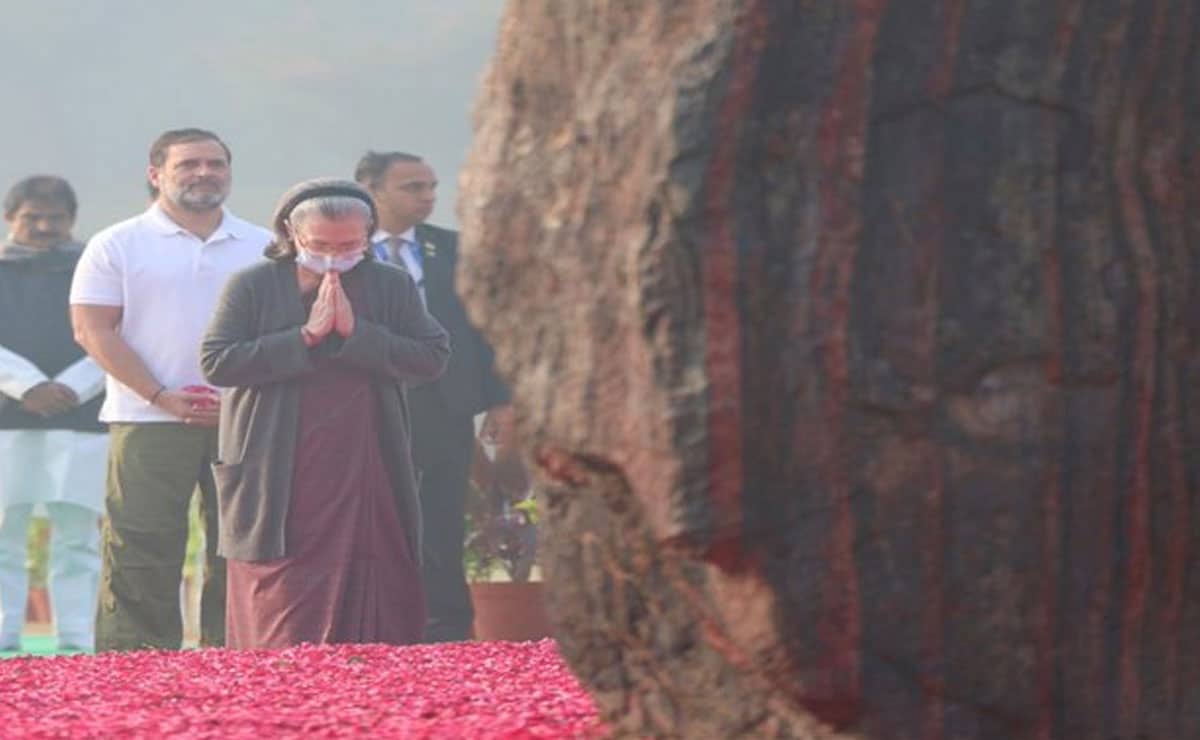New Delhi: Indira Gandhi had sharp literary sensibilities, which were betrayed in an edit job she did on an English translation of the iconic Rabindranath Tagore poem ‘Ekla Chalo Re’, Congress leader Jairam Ramesh said on Wednesday, the former prime minister’s 108th birth anniversary.
Ramesh, the party’s general secretary and in-charge, communications, said Indira Gandhi had a special relationship with Tagore, having spent some nine months at Shantiniketan during July 1934-April 1935. “She was an annual visitor to Visva-Bharati.”
Also Read:Rs 4 crore ‘hawala cash’ seized in MP; two arrested on Sagar-Bhopal highway
In the last month of her extraordinary life, she had a wonderful exchange with one of her closest aides, HY Sharada Prasad, on Tagore’s poem ‘Ekla Chalo Re’, which was her favourite, Ramesh recalled.
He shared on X an article written two years ago and which spoke about her “sensitive and diligent” edits on the Bengali writer’s work.
“Tagore’s iconic poem Ekla Chalo Re was not only Indira Gandhi’s favourite, it also brought out her latent literary sensibilities. Her sensitive and diligent edits on an English translation of the work was found in the archives of her long-time press adviser H.Y. Sharada Prasad, along with other memorabilia,” read the article by Sanjiva Prasad, son of Sharada Prasad.
“In the last month of her life, Indira Gandhi, my father, and the noted sculptor Sankho Chaudhuri had several interactions. One of the last executive actions of Indira Gandhi, on October 30, 1984, was to approve the appointment of Sankho Chaudhuri as the Chairman of the Lalit Kala Akademi,” Prasad wrote.
“While the veteran politician Ram Niwas Mirdha had won the most votes in an election for the post, he had the good sense and cultural sensibilities to suggest that one respected artist should succeed another as Chairman of the arts academy.
“But a more interesting interaction that took place over the month centred on a translation of Tagore’s memorable song ‘Jodi tor dak shune keu na ashe’ that contains the memorable phrase ‘Ekla Chalo’, which inspired Indira Gandhi. However, the translations of this poem did not seem to satisfy her exacting standards,” the article read.
“My father had on several occasions said that Indira Gandhi worked tirelessly on her speeches and would have made an excellent sub-editor. He also maintained that her intellect and education were of the highest calibre, with leading writers and philosophers like Iris Murdoch and Andre Malraux seeking out her company. How particular she could be about words and their meaning can be seen here,” Prasad wrote, and gave an account of the changes and suggestions made by Gandhi for the English translation of the work.
“…I do not know who the little girl reader was that Indira Gandhi had in mind or whether her version of Tagore’s great poem-song ever got published, but looking at her painstaking work on the poem, even in an unfinished form, one can appreciate her literary sensibilities,” he wrote.
